Jesus: The Greater Moses
An untrained eye might miss it, but the Old Testament, properly read, points to Jesus. From Genesis forward, we see reference after reference to a coming Messiah who would one day crush the head of the serpent (Gen. 3:15).
Certainly the covenants with both Abraham (Gen. 12, 15, 17) and David (2 Sam. 7) point to a coming Messiah, but it’s another covenant mediator I want to draw our attention to — Moses. Outside of Abraham, Moses is probably the most significant figure in the Old Testament, because it was through Moses that God gave his Law to the nation of Israel.
As special as Moses was, though, God promised Israel that he would send another prophet who was going to be just as, if not more, significant than Moses himself.
The Promise of A Future Prophet Like Moses
As Israel approached the end of its forty years in the wilderness, God made a promise to them about a future prophet to come. We read Moses’ words in Deuteronomy 18:
The LORD your God will raise up for you a prophet like me from among you, from your fellow Israelites. You must listen to him… The LORD said to me: “I will raise up for them a prophet like you from among their fellow Israelites, and I will put my words in his mouth. He will tell them everything I command him” (v. 15-18).
I can only imagine that at this moment, Israel was fearful of what they were going to do after Moses departed. After all, the people relied on Moses to hear from God as they didn’t dare approach Him themselves. But what would a prophet like Moses look like? Numbers 12:6-8 gives us a clue. The text reads:
Listen to my words: “When there is a prophet among you, I, the LORD, reveal myself to them in visions, I speak to them in dreams. But this is not true of my servant Moses; he is faithful in all my house. With him, I speak face to face, clearly and not in riddles; he sees the form of the LORD.”
Notice the LORD’s words here in response to Miram and Aaron’s complaints about Moses. The LORD says that Moses is not only a prophet; he’s an exulted prophet. Other prophets only get dreams or visions from God. But Moses can see God and speak with him face to face.
Did the Future Prophet Come?
Before we can answer this question, I need to address Mosaic authorship briefly. I realize several folks reject that Moses wrote the Pentateuch, but I am not one of them. After all, it seems as if Jesus was persuaded of Mosaic authorship (Jn. 5:46-47; Mk. 10:3-5; 7:10; 12:26; Mt. 8:4; Lk. 16:29).
Nobody, however, disputes that someone else wrote the end of the Pentateuch which describes Moses’ death. While the dating of the end of the Pentateuch isn’t clear cut, most commentators lean toward the post-exilic era (between 500-400 BC). Meaning, whoever wrote the ending did so about 1,000 years after Moses. We know it wasn’t soon after Moses because the author tells us that no one even knows where Moses’ body is buried (Deuteronomy. 34:6).
I raise this authorship and dating issue because the person who penned Deuteronomy 34 wasn’t convinced that the prophet like Moses had come yet. Verses 10-12 state:
Since then (the time of Moses), no prophet has risen in Israel like Moses, whom the LORD knew face to face, who did all those signs and wonders the LORD sent him to do in Egypt — to Pharaoh and to all his officials and to his whole land. For no one has ever shown the mighty power or performed the awesome deeds that Moses did in the sight of Israel.
As far as the author of Deuteronomy 34 goes, the prophet promised in Deuteronomy 18 had yet to come. Even great prophets like Elijah, Elisha, or Isaiah didn’t make the cut. No, Israel still waited patiently for the prophet who would communicate with God face to face, speak the very words of God, and perform public miracles. Certain prophets had met some of the criteria, but none had met all of them.
Jesus: The Prophet Like Moses
It’s no wonder that so many first-century Jews expected the Messiah to be the great Prophet. After Jesus fed the 5,000, we read in John 6:14, “After the people saw the sign Jesus performed, they began to say, “Surely this is the Prophet who is to come into the world.” In other words, these people recognized that the author of Deuteronomy 34 was correct. A prophet like Moses had yet to come at that point. But he’s here now!
Peter makes the connection abundantly clear in Acts 3. While preaching to a crowd in Jerusalem, Peter proclaimed:
Now, fellow Israelites, I know that you acted in ignorance, as did your leaders. But this is how God fulfilled what he had foretold through all the prophets, saying that his Messiah would suffer. Repent, then, and turn to God so that your sins may be wiped out, that times of refreshing may come from the Lord…and that he may send the Messiah, who has been appointed for you—even Jesus. For Moses said, The Lord, your God will raise up for you a prophet like me from among your own people; you must listen to everything he tells you.
Of course, this Jewish audience would have been familiar with Deuteronomy 18. Peter emphatically tells the crowd that the great Prophet like Moses has finally come. It’s Jesus of Nazareth.
After all, Jesus meets all the criteria. As the Son of God, he’s the only one who had communicated with God face-to-face. As John 1:18 tells us, “No one has ever seen God, but the one and only Son, who is himself God and is in closest relationship to the Father.” Furthermore, he not only communicated the very words of God; he was the Word of God incarnate (Jn. 1). And, of course, his public miracles are well documented.
Similarities Between Jesus And Moses
The prophecy of Deuteronomy 18 states that the coming prophet would be like Moses. But in what sense? Consider some of the similarities now:
Both were born under death decree (Ex. 1-2; Mt. 2:16-18).
Both escape into the heart of Egypt (Ex. 2; Mt. 2:13-15).
Both are described in detail in four books, beginning with their births and ending with their deaths (Exodus—Deuteronomy; Matthew—John).
Both were covenant mediators (Moses of the Old, Jesus of the New).
Both gave or received instruction on a mountain (Ex. 20; Mt. 5-7)
Both are transfigured on a mountain (Ex. 34:29-35; Mk. 9:2-13)
Both are isolated for 40 days without food or water (Ex. 34:28; Mt. 4:2)
Both are rebelled against by Israelites (Num. 16; Lk. 22-23).
Truly, Jesus was the prophet like Moses.
Differences Between Jesus And Moses
Despite their similarities, it’s their differences that matter the most. Consider these two:
First, like any prophet, Moses repeatedly said, “thus saith the LORD.” The LORD had communicated to him in some form or fashion, and he then communicated those same words to the people.
Jesus, on the other hand, never used the phrase “thus saith the LORD.” Instead, he said something radical — “truly, truly, I say unto you.” In other words, Jesus didn’t need to receive a word from the LORD because he was the LORD himself! Jesus spoke with authority, unlike any other prophet — including Moses.
Second, God accepted Jesus’ atoning sacrifice but not Moses’. In Exodus 32, after Israel sinned by worshipping the golden calf, God was going to consume them. Moses, however, sought to spare the people by offering up himself as an atoning sacrifice. We read in verses 30-33:
The next day Moses said to the people, You have sinned a great sin. And now I will go up to the LORD; perhaps I can make atonement for your sin. So Moses returned to the LORD and said, Alas, this people has sinned a great sin. They have made for themselves gods of gold. But now, if you will forgive their sin — but if not, please blot me out of your book that you have written. But the LORD said to Moses, Whoever has sinned against me, I will blot out of my book.
Even at this early stage, Moses recognized atonement must be made for Israel’s sins, and thus he offers up himself! But God rejected his offer. After all, Moses himself was just a man — a sinful one at that. He couldn’t possibly atone for the people’s sins.
But Jesus could. Being divine and sinless, Jesus could bear the sins of the world. And unlike Moses, God accepted Jesus’ sacrifice and demonstrated his acceptance by raising him from the dead.
So, while Jesus was a prophet like Moses, he was certainly greater.
Jesus Is Greater Than Moses
The author of Hebrews saw this comparison and didn’t hesitate to elevate Jesus above Moses. His words seem an appropriate ending to this article:
Therefore, holy brothers and sisters, who share in the heavenly calling, fix your thoughts on Jesus, whom we acknowledge as our apostle and high priest. He was faithful to the one who appointed him, just as Moses was faithful in all God’s house. Jesus has been found worthy of greater honor than Moses, just as the builder of a house has greater honor than the house itself. For every house is built by someone, but God is the builder of everything. “Moses was faithful as a servant in all God’s house,” bearing witness to what would be spoken by God in the future. But Christ is faithful as the Son over God’s house (Heb. 3:1-5).
Recommended resources related to the topic:
The Jesus of the Old Testament in the Gospel of John mp3 by Thomas Howe
Jesus, You and the Essentials of Christianity – Episode 14 Video DOWNLOAD by Frank Turek (DVD)
How Can Jesus be the Only Way? (mp4 Download) by Frank Turek
World Religions: What Makes Jesus Unique? mp3 by Ron Carlson
Historical Evidences for the Resurrection (Mp3) by Gary Habermas
Ryan Leasure holds a Master of Arts from Furman University and a Masters of Divinity from the Southern Baptist Theological Seminary. He currently serves as a pastor at Grace Bible Church in Moore, SC.
Original Blog Source: http://bit.ly/30b2ccw


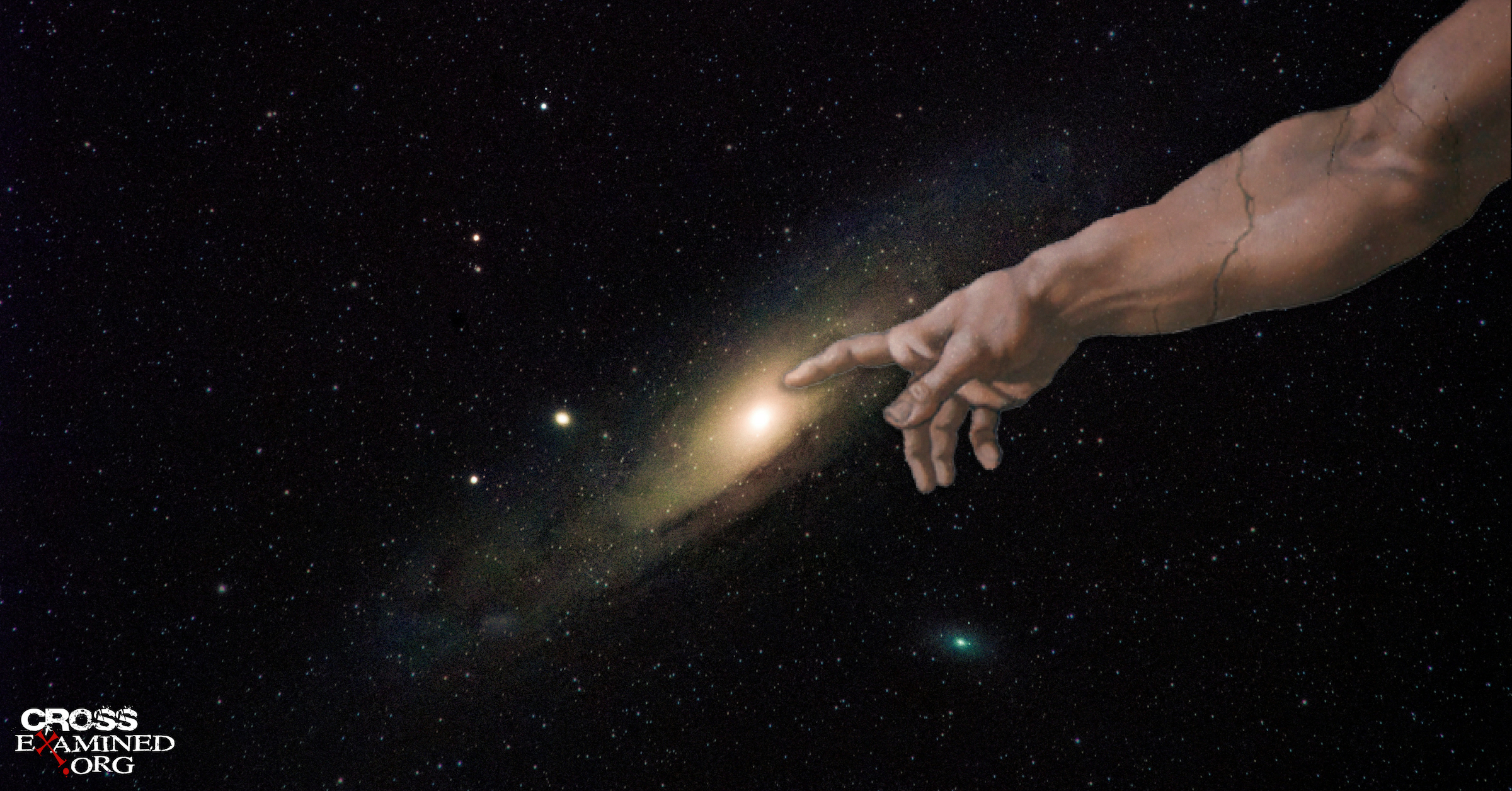
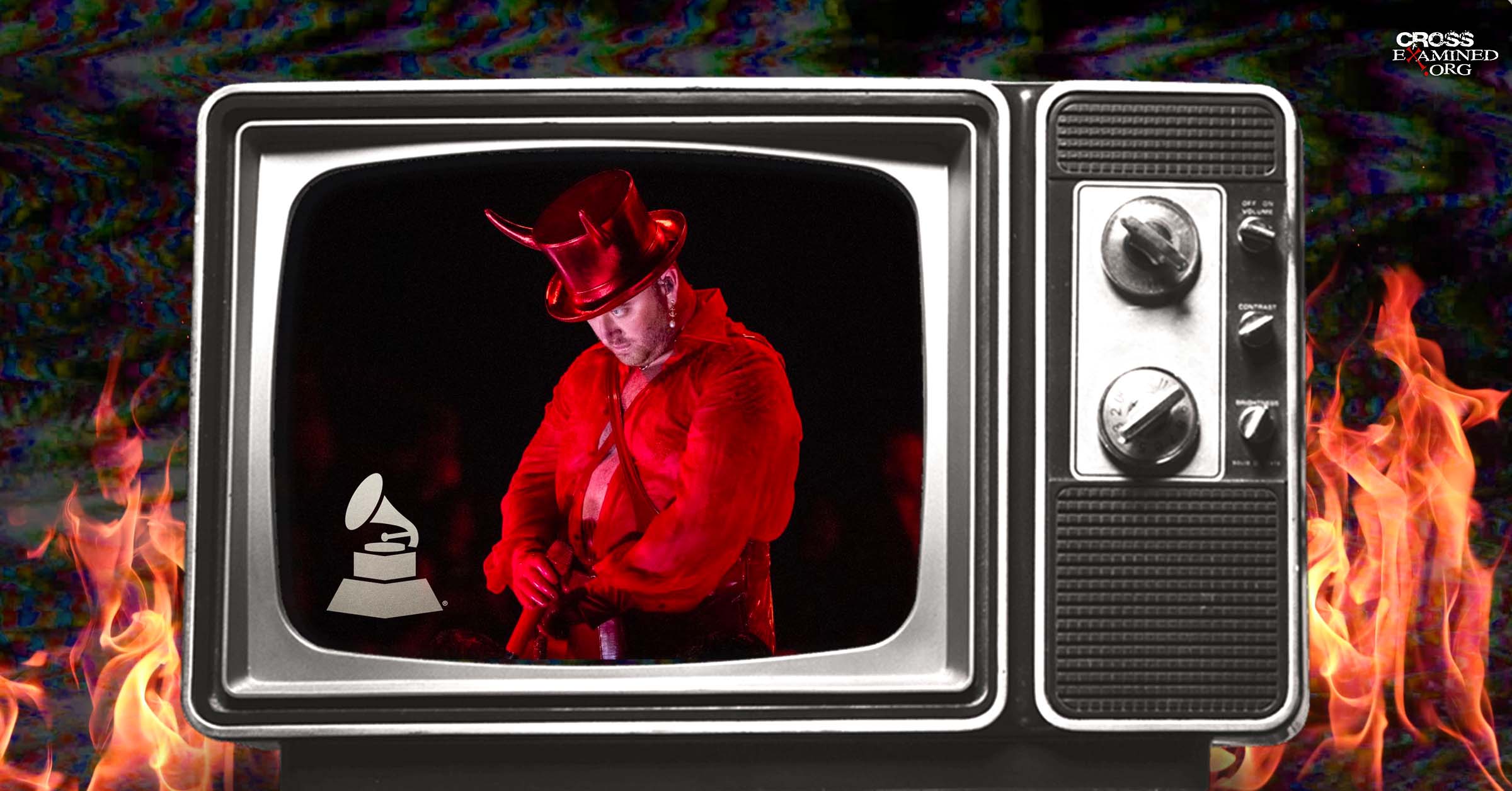
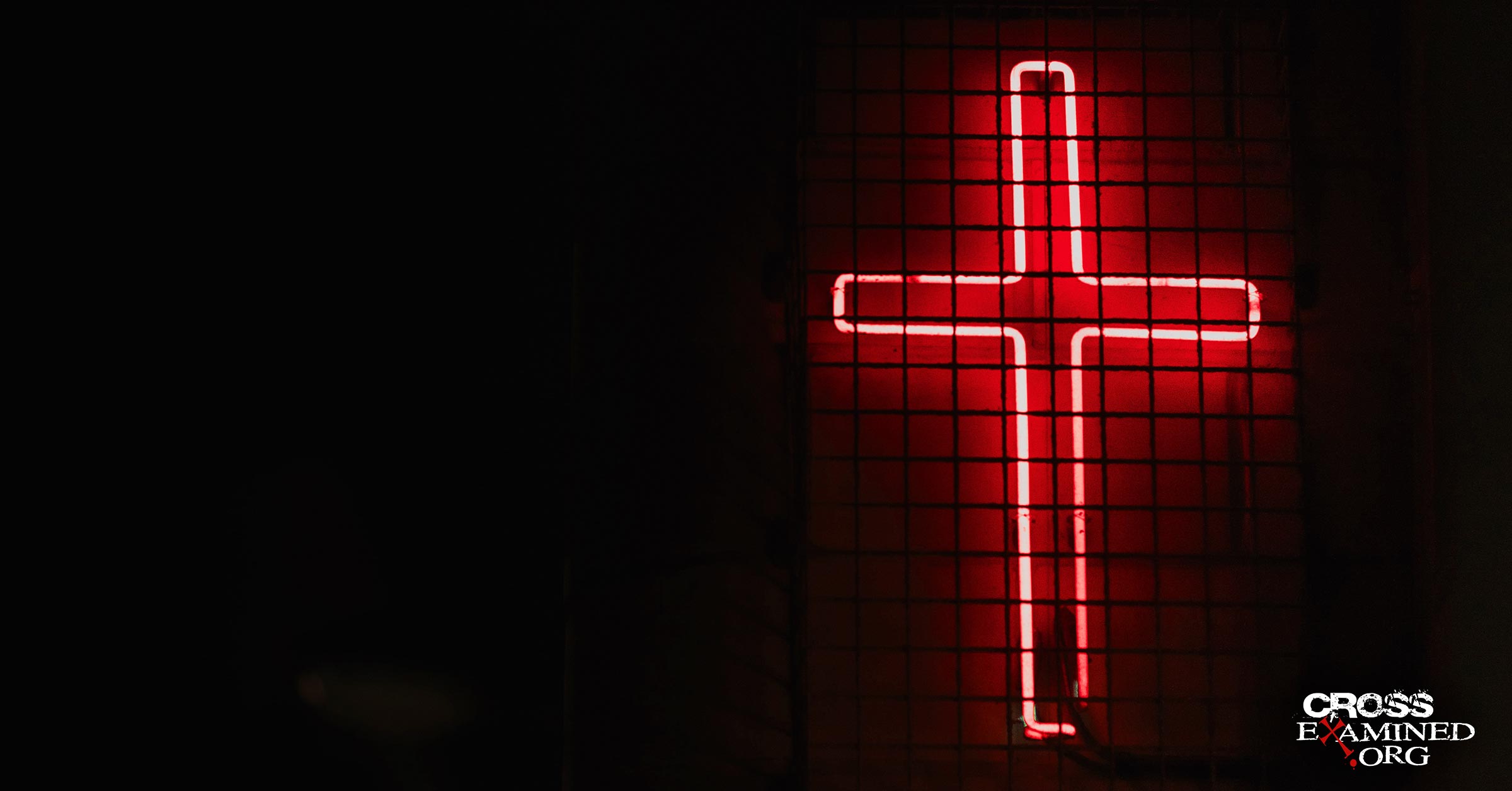
![Copy of [JORGE] – OFFICIAL SIZE (Podcast) Do not resize!](https://crossexamined.org/wp-content/uploads/2019/08/Copy-of-JORGE-OFFICIAL-SIZE-Podcast-Do-not-resize-1.jpg)

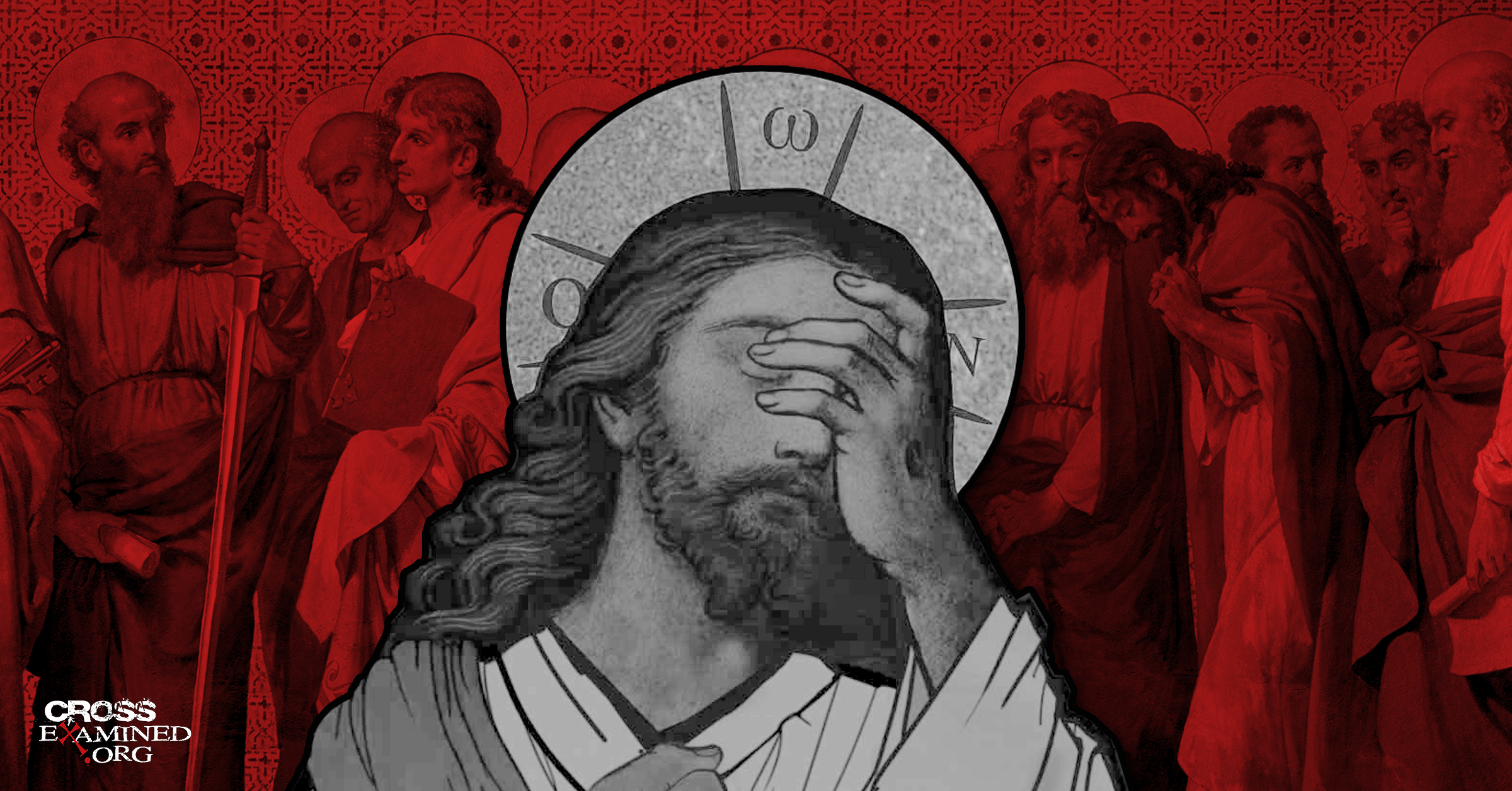

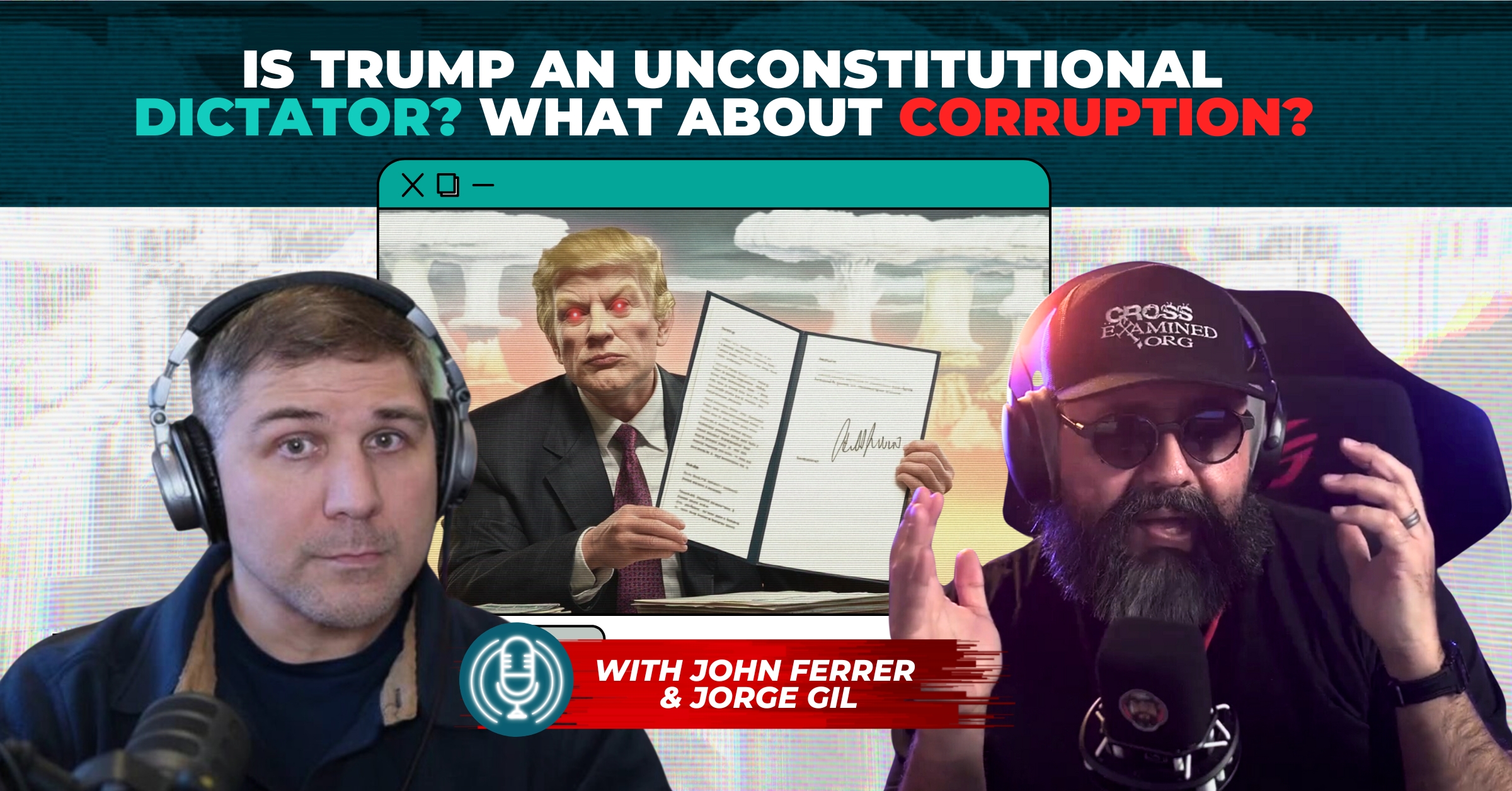
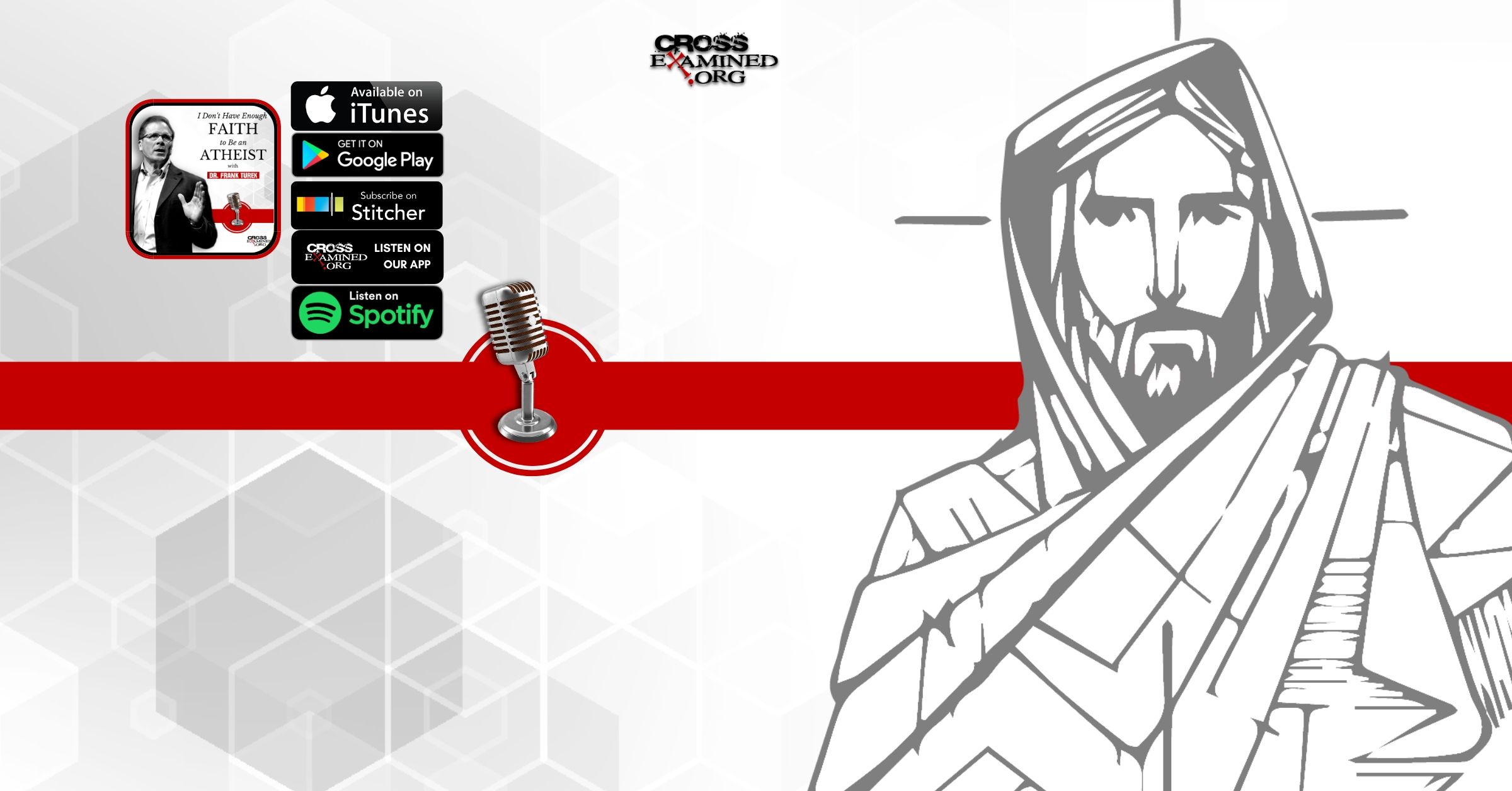

Leave a Reply
Want to join the discussion?Feel free to contribute!